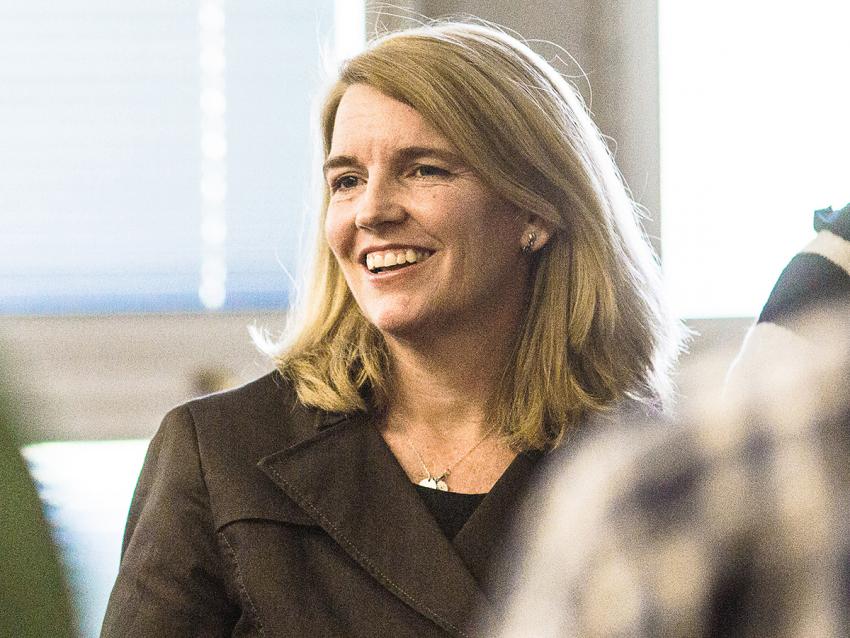Dr. Dean Offers Tips for Educators, Students, and Families on Returning to School

Dr. Kim Dean, assistant professor of Education at Arcadia, has experience as a school psychologist in K-12 schools and also in private practice doing clinical work with students and families. At Arcadia, she continues to support teachers in creating developmentally supportive environments.
“I’m really proud to be working with teachers and supporting them with all of their demands for what they need to do,” said Dean “We have to rise to the occasion and prepare teachers to be both great online teachers and great face-to-face teachers, as well as remain flexible in supporting students’ growth and development.”
Educators and Families:
- Prepare for variability in the experience of coming back to school and create a community of support to make everyone feel comfortable. We are all doing this for the first time and there will be lots of complex, collaborative navigation of this new territory.
- It is hard to predict how students respond to the return to the classroom; students may not act the same as before, they may have more anxiety or concerns. Have patience with your students and yourself as you adapt.
- Be compassionate, considerate, and patient; create conversations and agreed-upon guidelines for classrooms. Make time for these conversations at the beginning of the year.
- Be proactive in working with students to establish norms for working together.
- Focus on encouraging the development of social skills. For some students, being online removed a lot of the developmental stress that is normal when in-person, such as seating arrangements or knowing when students should raise their hands. It will be helpful to revisit some of these classroom culture basics.
- Be aware that Act 66 allows parents to hold back their child if they and the school determine that it is better for them. Parents may ask teachers to weigh in with recommendations for their child. Academic learning loss isn’t as difficult to make up as developmental loss. Ask whether the child is able to interact well socially with their peers and stay focused for the periods needed to learn, or if they need another year for those skills. It’s the teacher’s responsibility to meet each student where they are.
- For college student educators, their students transitioned better to being online, but they lost some traditional experiences. Educators need to focus most on improving their actual university experience, especially with in-person experiences like student-teaching to help them feel more prepared.
Students:
- Try and recognize where you need help and seek it out, but be patient with yourself in the change.
- Prepare yourself for a transition; do not refrain from thinking of it until classes begin. Don’t expect to be uncomfortable, but don’t be upset with yourself if you are at first.
- Prepare for health and safety conversations if asked by fellow students or faculty; work through questions you may receive or want to ask.
- Pace yourself with getting back into your routines and be confident. It might be bumpy, but know that you’ll get back to being comfortable.
- Support each other; don’t assume that others are having the same experience as you and remind yourself that you don’t know where others are on this rollercoaster ride.
- Bring a mask wherever you go just in case, and read the situations. Sometimes you’ll need one and sometimes you won’t; also, communicate with your peers to know who is comfortable with what.
- Make sure you get support when you need it. It’s a transition and anytime you have a transition you need a plan for help if you’re struggling. Reach out to teachers and advisers, connect with peers and university resources like the Learning Resource Network, or meet with someone at Counseling Services. Little has remained untouched from the pandemic, so it’s okay to give yourself permission to need help.


